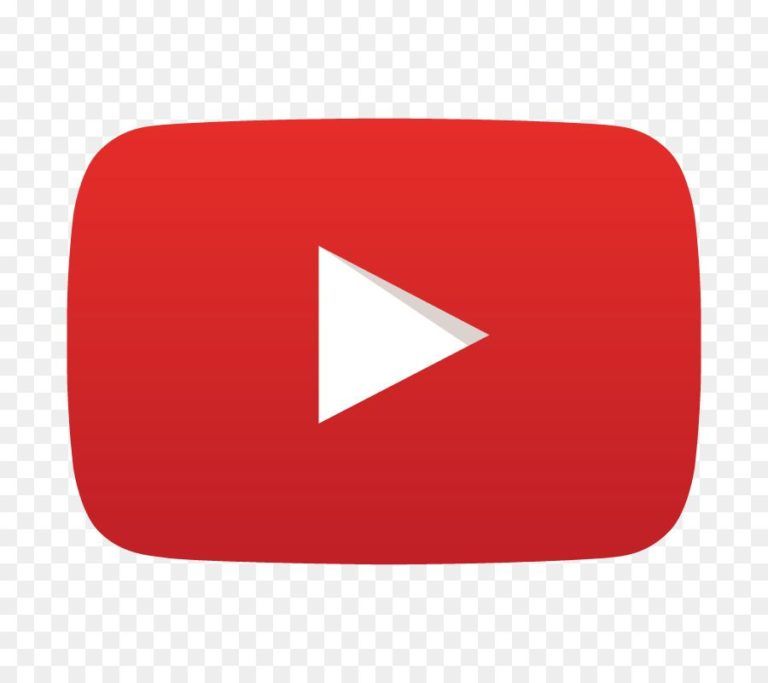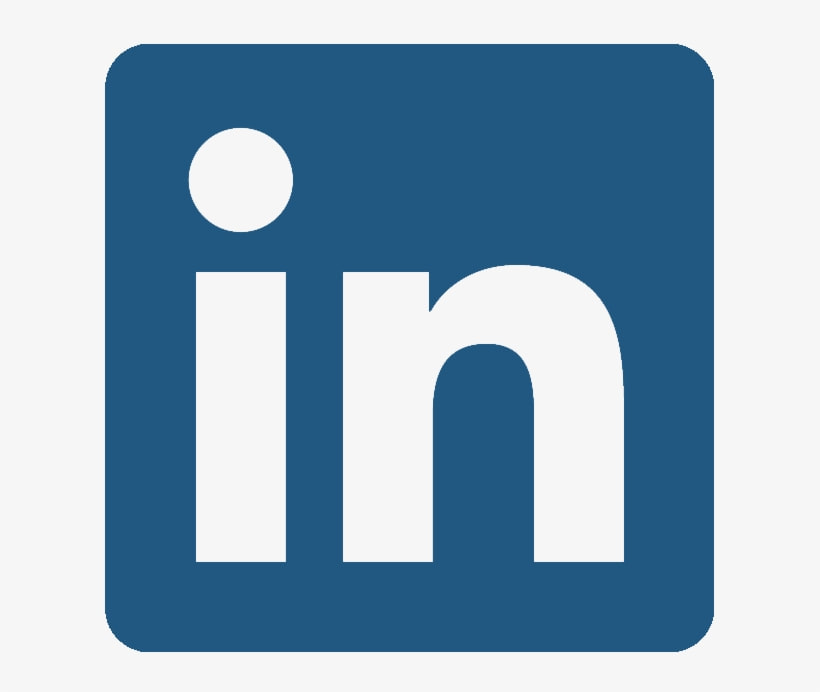|
Anyone who takes professional VoiceOver performance seriously understands the amount of training and prep work that goes into becoming a professional voice-over artist. But, did you know, that many VO skills are transferable to other professions that require a lot of talking, like speakers, podcasters, educators, salespeople, networkers, anyone who talks a lot during their day. Have you ever wondered how some people can talk continuously and their voice sounds strong, and refreshed or maybe you’ve attended a lecture by someone who is painful to listen to, their voice sounds weak, or they are constantly clearing their throat? Vocal health matters…You must take care of your voice if you want your voice to take care of you. Hope you will find some of the following tips helpful, but remember, while I may play a doctor or nurse in a VoiceOver gig, I’m not one. So, please check with your doctor, if you have any vocal issues or concerns about some of the following tips. In fact, it’s a great idea to go to an ENT and have them do a check-up to make sure you don’t have any vocal cord polyps, sometimes called ‘Singer Nodules’, which can happen from overuse and strain. I’ve had it done myself as a precaution, thankfully everything was fine. If you're talking a lot during the day, you must include vocal rest every day for an extended amount of time. That means no talking, even to friends and family. No whispering, that’s actually harder on your vocal cords. Avoid yelling during sporting events, talking loudly in a restaurant, or bar. Needless to say, smoking is hard on your vocal cords. Coffee, tea, or watermelon?Many people might be surprised to know you need to keep your body well hydrated 24 hours before a speaking engagement. Drinking half a bottle of water 15 minutes before your talk just isn’t going to cut it. The water isn’t going to reach your vocal cords in time. Vocal cords vibrate really fast, so having a proper water balance will help keep them hydrated. According to The U.S. National Academies of Sciences, Engineering, and Medicine, an adequate daily fluid intake is: ‘About 15.5 cups (3.7 liters) of fluids a day for men About 11.5 cups (2.7 liters) of fluids a day for women.’ This might change due to weight, exercise, health, or environment. If you have kidney issues check with your doctor to see what’s right for you. Eating watermelon or spinach, which are nearly 100 percent water by weight can help with hydration as well. A good way to tell if you are properly hydrated is that your urine is clear or light yellow. Coffee, tea, and alcohol can cause dehydration, so limit use before speaking, I confess I do drink my green Sencha tea, and some folks might need a cup of Joe to start the day. It should be fine as long as you’ve had enough water and limit caffeine intake on speaking days. Too much caffeine can dry you out and is hard on the voice. It also can make you nervous which adds to vocal tension. One of the best teas for vocal health is Throat Coat tea which is now pretty easily available in most decent supermarkets and health food stores. A Green Apple a day…Voiceover artists know that sometimes you can have mouth noise, which is clicky, lip smacks, excess saliva, crackles, and weird sounds which can be heard especially through the microphone but also in regular speech. As mentioned earlier, caffeine is a big culprit, as well as dairy and other foods eaten shortly before recording or talking. Eating a green apple before your talk will greatly reduce the mucus sounds and mouth noises. Constant clearing of your throat is very hard on the vocal cords, so if you need to clear your throat try humming, it’s much easier on your cords. Also paying attention to your diet is important. Too much dairy or mucus-producing foods, or acidic can be problematic. If you have acid reflux and don’t make changes in your diet, your vocal cords, and speech can be affected. Maybe pass on the tomato sauce with your pasta on nights before a performance. Making small changes like switching to almond milk. instead of whole milk can also help. If you think you have acid reflux talk with your doctor and dietician to find out what foods work for you or against you. Sleep tight…A good night’s sleep sounds simple enough, but not always easy to do. When you don’t get enough sleep your voice sounds tired, lethargic, and disengaged. Find ways that work for you to get a decent night’s sleep. One of the best purchases, I ever made is a hot air humidifier. Before I had the humidifier, I was waking up with a really dry throat and sinusitis issues. I found using the hot air humidifier greatly helped and I even needed fewer nasal sprays. Some people prefer a cold mist humidifier, I’ve used both and found them both helpful, although at this time I’m using a warm mist humidifier. You may want to experiment and see what’s works best for you. Every breath you take…It seems pretty reasonable, that breathing is an important part of speaking, right? Without air, we literally can’t talk..ever tried calling for help, while choking, it’s impossible. But many speakers don’t use breath effectively while talking. They just talk and have weak breath support, which lends itself to the dreaded vocal fry..which has become so popular these days. Diaphragmatic breathing, where your stomach expands while inhaling through your nose, and talking on the exhale provides a stronger, richer voice. Building up lung capacity also helps your speaking voice. One exercise I use is taking a diaphragmatic inhale through the nose, while holding my breath, and silently counting until I can’t hold it anymore. This is an exercise, I used while recovering from COVID and it helped me tremulously to regain lung capacity. However, you don’t have to be sick or recovering from an illness to benefit. You can also do the exercise while walking, take a breath in, walk and count as many steps as you can before requiring another breath. Better lung capacity means you need fewer breaths while reading, or speaking, and your voice sounds supported and stronger. It doesn’t take a lot, to make a huge difference. Breathing also helps with anxiety. Let’s say you're nervous right before a podcast, webinar, or sales meeting, for example, slowing down by taking a few moments to do some deep breathing meditation exercises grounds you and actually slows your heart rate down which naturally goes up if you’re anxious. You may not be aware of nervousness if you speak for a living, but taking the time to do a breathing mediation exercise, which can be as short as one minute, though 10 minutes is probably better, can slow your heart rate down. A faster heart rate can mean you are feeling the effects of adrenaline which can make you talk faster, seem unsure, and dry out your voice. Making relaxation and meditation part of your routine will benefit you as a speaker by making you calmer, and more confident. The tension comes out in the voice and can make you upspeak at the ends of sentences making you sound unsure of your subject, so give meditation and other relaxation techniques a try. Warm-Up...Doing a vocal warm-up before you utter a word in your talk is essential. When we wake up we often find we have ‘Morning Voice’ which is a raspy, husky, or weak voice. It’s due to mucus forming on the vocal cords during sleep, and various foods or conditions like acid reflux as discussed earlier. That’s why it’s important to warm your voice up at least 15 minutes before giving a presentation. I personally prefer a half hour to 45 minutes. There are many ways to warm up. I enjoy a hot shower with steam, and I start doing vocal exercises in the shower. I go through the vowel sounds several times and then the consonants.’Coulda Shoulda Woulda ‘, vocalized yawns, which is a yawn with a vocalized sigh. Tongue twisters are a good way to get the articulators working. You can look up Tongue twisters with different letters of the alphabet. I like using ’S’ letters to help get rid of sibilance. That ‘ssss’ sound can sound like a hiss. Neck stretches, shoulder, and head rolls can reduce tension. Reading out loud for 15 - 30 minutes a day not only improves your cold reading ability but also warms your voice up at the same time - so you can two benefits for the price of one. In summary - Prep work before you talk…
These are a few things to consider, which will to help make you a better speaker whether you are a VoiceOver artist or not. Have any special pre-talk hacks? Feel free to let me know in the comments below. Nancy Kaszerman is a professional voice talent for more than 10 years and is located in NYC.
Please feel free to comment, ask a question and connect on social media.
2 Comments
We hear the word ‘storytelling’ or ‘storyteller’ a lot these days. What exactly does it mean? Are we talking about the bedtime stories that we heard as children? Or perhaps theater, movies, or books? Of course, it is and can be, but in the commercial world, the way we take in information has changed. In media and marketing production, storytelling becomes a substitute for advertising. No one wants to be sold anything these days, but since before the days of Scheherazade and her ‘One Thousand and One Nights’ we have been fascinated by stories. Greek myths, folk tales, fairy tales, fables, oral traditions have all been a way to entertain and communicate the values, lessons, and morality of a culture. Storytelling in advertising means using an engaging narrative to tell a company story or brand rather than a sales pitch. It’s used everywhere nowadays, in commercials, video production, training, e-learning, video games, art, photography, and more. Does that mean a VoiceOver artist is always a Storyteller?Certainly, but there are exceptions. A voiceover artist or narrator’s job is to communicate the story of a brand or product. A lot depends on the script which is the roadmap of the story. If the words are written in a high sell way, for example, you are telling less of a story and delivering more of a pitch. It still might be effective depending on the product or brand but you should know the difference between storytelling and selling. While they both in the end want to attract customers and sales, one appeals more to community, values, and ideas, the other to direct selling—just give me the facts - $9.99 for a pack of toilet paper. Is Storytelling or Advertising a Generational thing?While we’ve been listening and telling stories since the Neanderthal cave paintings 64,000 years ago, styles and what resonates change. People are more likely to remember a brand or product if there is a story attached to it rather than just facts. Humans want to feel something, and no one wants to be talked at..which was a very common way of marketing in the recent past. TV was used as the primary form of advertising for Baby Boomers, ads were fast and to the point. In VoiceOver terms, it was often a white male announcer with a deep, broadcaster voice who told you what you needed, whether you did or not. Gen X, also known as the MTV generation, was highly influenced by the quick pace of music videos. ‘I Want my MTV’ was a campaign created by iconic advertising guru George Lois. The idea was to get cable companies to air MTV which was a fledgling station in the early ’80s. Advertisers borrowed from MTV with quick rhymes that would get stuck in the buyer's head like earworm. Voiceover in advertising was still mainly white male, very polished, slick, and commercial sounding. Millennials - Gen Y don’t like being sold to, (actually nobody does), but marketers changed their approach, where they advertise, as they followed and tried to attract Millennials ,who grew up with reality television, the internet and social media. In VoiceOver this means the style changed from sleek and polished to more natural, real authentic, and the keyword conversational! Most voice-over specs nowadays say ‘conversational’ even if the copy is anything but… Voiceover is open to more women than in previous generations. Sharing information, rather than pushing products is preferred. Gen Z generation are attracted to real people and transparency. Influencers are the new celebrities. YouTube has replaced MTV. They are not interested in people acting a part. They want the real deal. For VoiceOver this means diversity is key. Authentic and genuine people are wanted. Someone imitating a trans BIPOC for example is unacceptable. It also means advertisers are open to more stories from formally unrepresented communities and new opportunities to reach and engage with consumers. In VoiceOver this can mean an almost flat, real, just tell the story read without adding a lot. Although, a professional voice talent will use a nuanced approach by changing tonalities, pacing, intentions as the story unfolds. So while it may appear there is nothing on the script in a flat read, there should be many transitions and changes throughout the performance, but they do not appear ‘big’ or ‘performed’ as in previous years. People want StoriesIt actually doesn’t matter what generation you fall into, in today’s times, what matters is that stories have an emotional impact of some sort. It could be funny or moving but must be engaging. You might choose an older or younger sounding voice depending on the project, but the point is the public wants to be invested in the brand or project. A popular way to do this in marketing is through video branding. Often, shorter videos are used..short because consumers don’t have a long attention span, as they are used to scrolling through social media quickly. Stopping the scroll is key. Most people will respond to an engaging story even if they weren’t planning on it. Brands connect with the public by telling their story, how they do what they do, why they do what they do and why we the public should care. This is accomplished by using a variety of techniques - starting with a meaningful story, creating a storyboard where the images correspond to the voiceover and adding music. Or in e-learning instead of just giving facts (although true confession, I’m a fact lover) find a narrative story as an example for the information you want to disseminate. While video games may be packed with action, they currently revolve more around a narrative story using realistic, natural voices as opposed to big cartoony caricatures or animated voices You're as Good as the Story you Tellcredit: Nancy KaszermanPeople sometimes say ’I could listen to Morgan Freeman recite the phone book’… even assuming you know what a phone book is, I can assure you as wonderful as Morgan Freeman is, listening to the reading of a phone book would get pretty dull quickly. No matter how great the editing, video, music, or voiceover, you must have a story to tell. Knowing your product or brand, getting a good scriptwriter to develop the architecture of your story, understanding the values, community, and audience will help people experience your company and become more invested as opposed to sales pitches which are a major turnoff these days. Storytelling is sharing information, educating, and human connection. It’s chatty, often informative, and relatable. The audience must see themselves in the story. Choosing a Storyteller to Represent your Company or ProjectThe more you can specify, have a clear vision and infuse storytelling, the more likely the listener will connect with your brand or message. Let’s say, for example, you're producing a healthcare project, the more you can elicit trust and confidence the more likely your audience will relate. This can be done with a grounded, proud, voice whether it’s female or male. Having an idea and targeting who the message is primarily for will help determine the vocal quality of the narration. If possible, it’s always best to ask for an audition with a portion of your script unless you are already familiar with your voice talent of choice. Professional talents are usually happy to provide a short sample so you can hear if the voice is a good match for your story. But remember that no matter how nice a voice sounds, they need to be able to deliver the message using current approaches. Finding a talent who can genuinely convey emotions through their own authenticity will bring the storytelling to life. Nancy Kaszerman is a professional voice talent for over 10 years and is located in NYC. Please feel free to comment, ask a question and connect on social media
That is the question...or do I really need a professional voiceover narration with my video? Well, that depends. Today’s media is all about storytelling and engagement with your audience. Many find both narration services and video production companies work hand in hand. After all, we have been consuming ‘talking movies’ since 1927! A business web video or commercial can feel incomplete without a narrator. An explainer video for example can feel like it’s missing something, if it’s images only, even if it has a music soundtrack. Humans are used to a human connection which is why the voice is so powerful…that said… Voiceover is Not for Everyone...Are you doing a social media post where you are ‘the product’ or ‘the star’ like business or personal coaching? In that case, you probably don’t need a professional VoiceOver. Just turn on your video platform and do your thing…or maybe you just want to show visual media. There are times when visual imagery is so strong, words can take away. Traditionally people use professional talent when they represent a brand, provide a service or tell a story. They want to inject trust, confidence, reliability as well as relatability. Often a pretty image or video with no storytelling just doesn’t grab our attention for very long. There is no right or wrong answer, but you do need to ask yourself and your team a few questions to make sure you are utilizing the right tools to effectively engage your audience. What Story am I Telling?The first question you need to ask is: What’s Your Story? What are you trying to communicate and to whom? Is the story served by using a visual component only, or will narration enhance the storytelling and engagement? Voiceover is used to convey a level of expertise and professionalism. People respond more to a narrator speaking about a subject or product rather than a person talking about themselves, even if it’s their own business. It adds a level of credibility and trust, that talking about yourself just doesn’t manage, unless of course, you are a big personality where you are the brand…but even if that’s the case, it can be helpful to intersperse a video with a VoiceOver narration discussing and explaining the proficiency of the subject or product with an interview format or personal spokesperson. Can I just do it myself?Sure, if you want to and have the proper sound quality to match. But keep in mind most professional VoiceOver artists have spent years of training. It’s more than just plugging in a mic and pressing the record button. Today’s VoiceOver artists are actors, communicators, and storytellers. Aside from a multitude of VO classes like commercial, narration, animation, video games, audiobooks, training can include acting classes, improv, sound engineering design, and more! Proper equipment and a clean recording environment are needed for broadcast-quality work which often the average person doesn’t own and has no reason to invest in. Do I really need a Voice actor just to read my script?Well, it’s more than just reading…A VoiceOver artist is paid to provide script analysis, intention, and meaning to the script before they utter a single word. ‘Just reading it’— isn’t communication and never sounds like a real person talking which is the goal of engagement. A script must be broken up into moments and it is the job of the voice talent to find those moments, bring personality, meaning, and life to the copy. Even if the script is technical and dry, a professional VoiceOver can enhance the delivery by using phrasing, inflection, emphasis, timing, spacing, tone that an untrained reader just can’t. A non-professional runs the risk of getting into vocal patterns that make the copy sound sing-song or too much like an announcer which is a mostly old style of VoiceOver. Although some roles do call for an announce sound, you need to know the difference. It’s important to make a decision considering who the project is for and what you are trying to communicate. Would a VoiceOver narration benefit the project? Am I really trained to perform the script or will it sound like I’m reading? Pro Tip: No one wants to listen to someone who sounds like they're reading these days - it's all about conversational storytelling.I Need Your OpinionScripts must have a point of view. Having no opinion isn’t going to cut it for most scripts. The voice actor is continually making choices, who they are in the script, perhaps a doctor, teacher, a mom, aunt, or neighbor, and who they are talking to, perhaps a daughter, a son, or a peer. The narration will sound different depending on who you are and who you are speaking to. Talking to one person is key. Communication has more impact when it’s personal. If you are talking to everyone it can sound vague and impersonal. Picking one person gives a script more intimacy and personalization. No one wants to be ‘talked at’ — we want to be enlightened, learn something, and have an authentic experience. That’s why opinion matters in VoiceOver performance. It’s a journey. Using commercial copy as an example, often there is a problem and a solution. They can not sound the same. You are taking the listener through a journey, transitions, and moments. The experience is not the same by the end of the commercial as when the audience first started listening. One effective way to do that is to have an opinion about the script. A professional talent knows how to convey an upsetting ‘problem’ and make the transition to the solution by the end of the copy. Depending on the script, a professional voice talent may use empathy, relating to the audience rather than ‘selling’ which turns off most listeners nowadays. Get Out of the WayVoiceover is often a support service. Voice actors need to know when to turn it up and turn it down. Unless it’s a video game or animation, voice talent are not the ‘star’ of the project. Too much voice-acting or an over-the-top performance, especially by a novice or an untrained voice actor, can make the story sound cheesy, fake, and inauthentic. Not enough of a connection can sound boring and disengaged. A trained narrator supports the story, knows how to work with the storyboard without taking over and making it all about them. Voiceover and video services work together to support and tell the story, but don’t take over the storytelling. The meaning or message of the story is always paramount. Yeah, but Voiceover costs Money…Yes, it does. So does any professional service. If you don’t have a budget, that’s okay. Do what you can and go for it. Maybe you don’t even need professional services depending on your goals and needs. But if you do need talent, know that in most cases, you are paying for years of experience, equipment, and continuous training to maintain professional quality production. You definitely want to vet talent, make sure they have samples on their website that you can listen to. Many professional talent will offer a free sample audition with a portion of the script after an agreed-upon budget. The Choice is YoursHopefully, the above blog has given you a better idea of why and when you should use a professional VoiceOver artist for video as opposed to doing it yourself. The main things to consider are… What’s my story? Will a professional voice talent enhance the storytelling? Whom do I want to engage with my story? If it’s just for regular social media posts and you are the brand you probably don’t need to invest in professional talent. Ask yourself, am I communicating in an engaging manner? Death to communication is sounding like you’re reading, so you want to avoid that at all costs. Being informed about these VoiceOver considerations can make the difference between a mediocre production and a great one! Nancy Kaszerman is a professional voice talent for more than 10 years and is located in NYC.
Please feel free to comment, ask a question and connect on social media. |
AuthorNancy Kaszerman is a VoiceOver artist and lives in New York City. Archives
October 2021
Categories
All
|
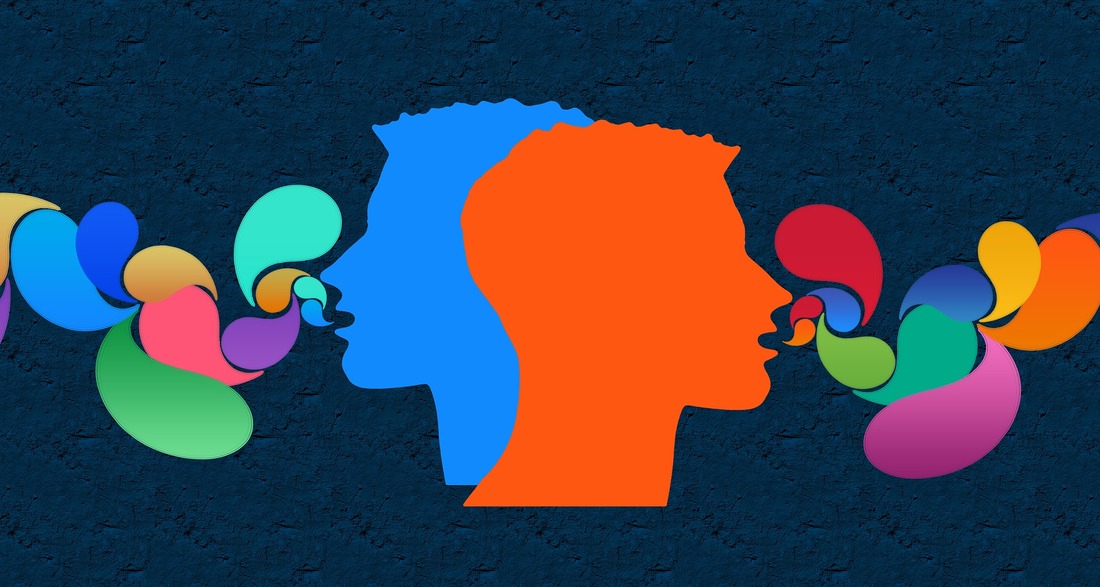



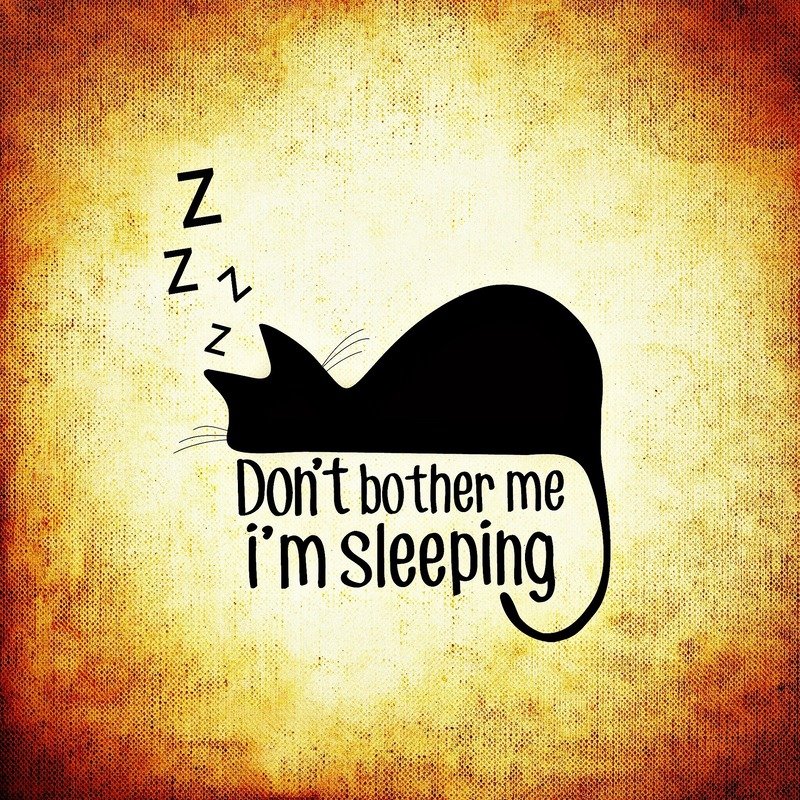

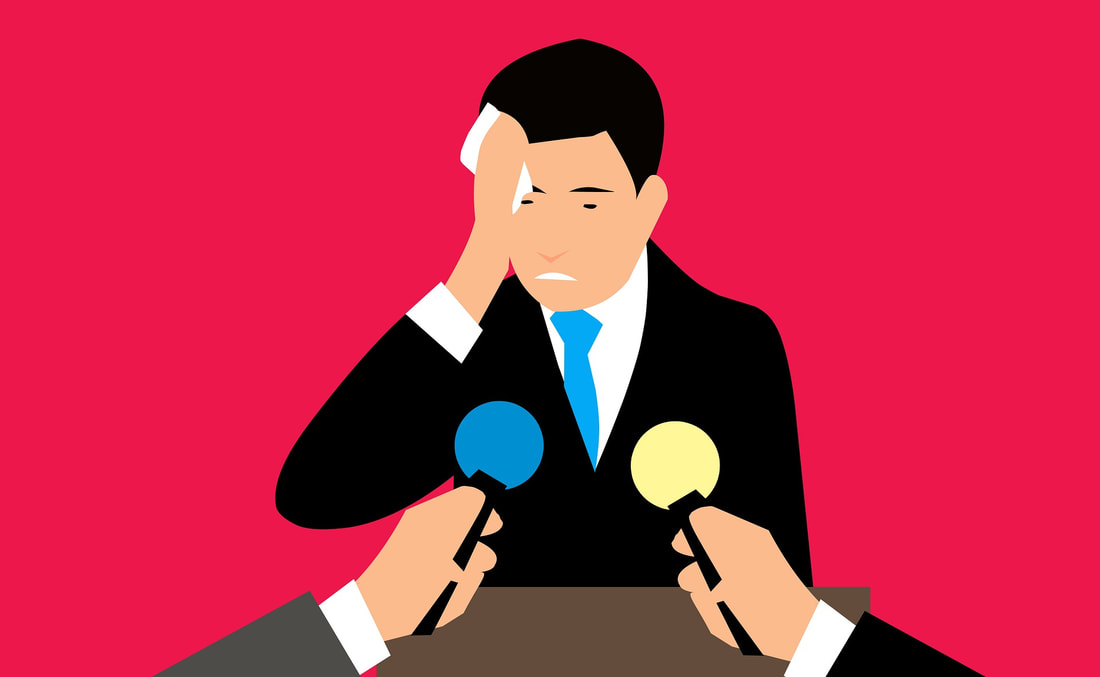

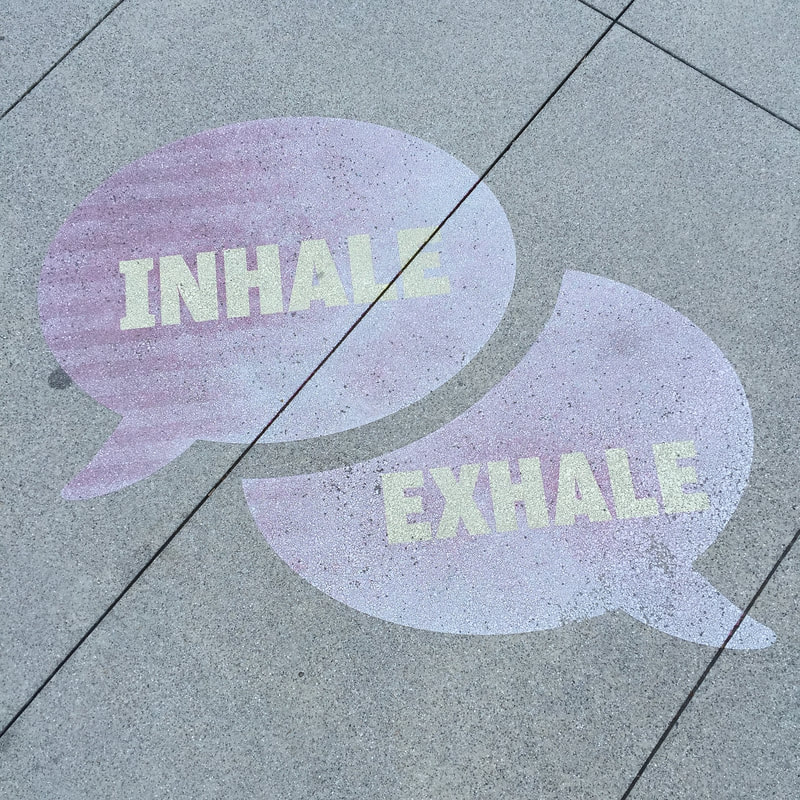





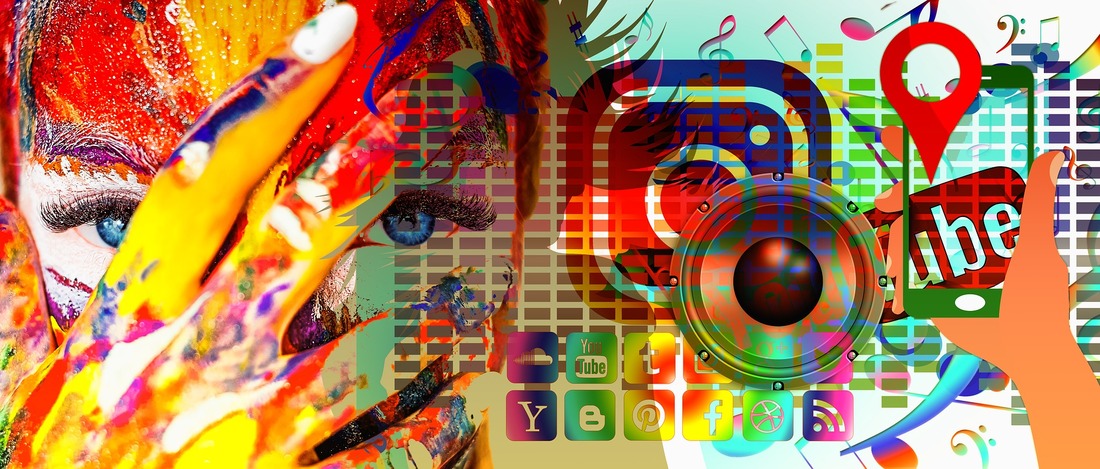

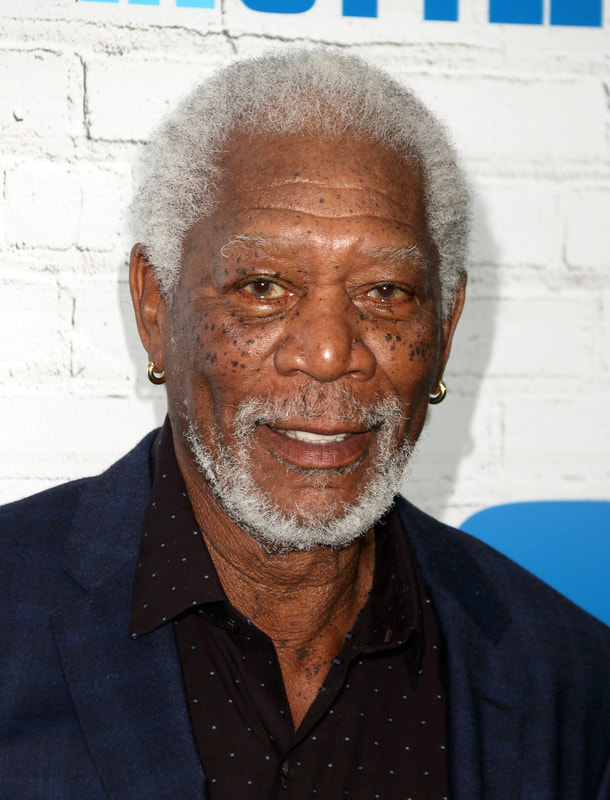


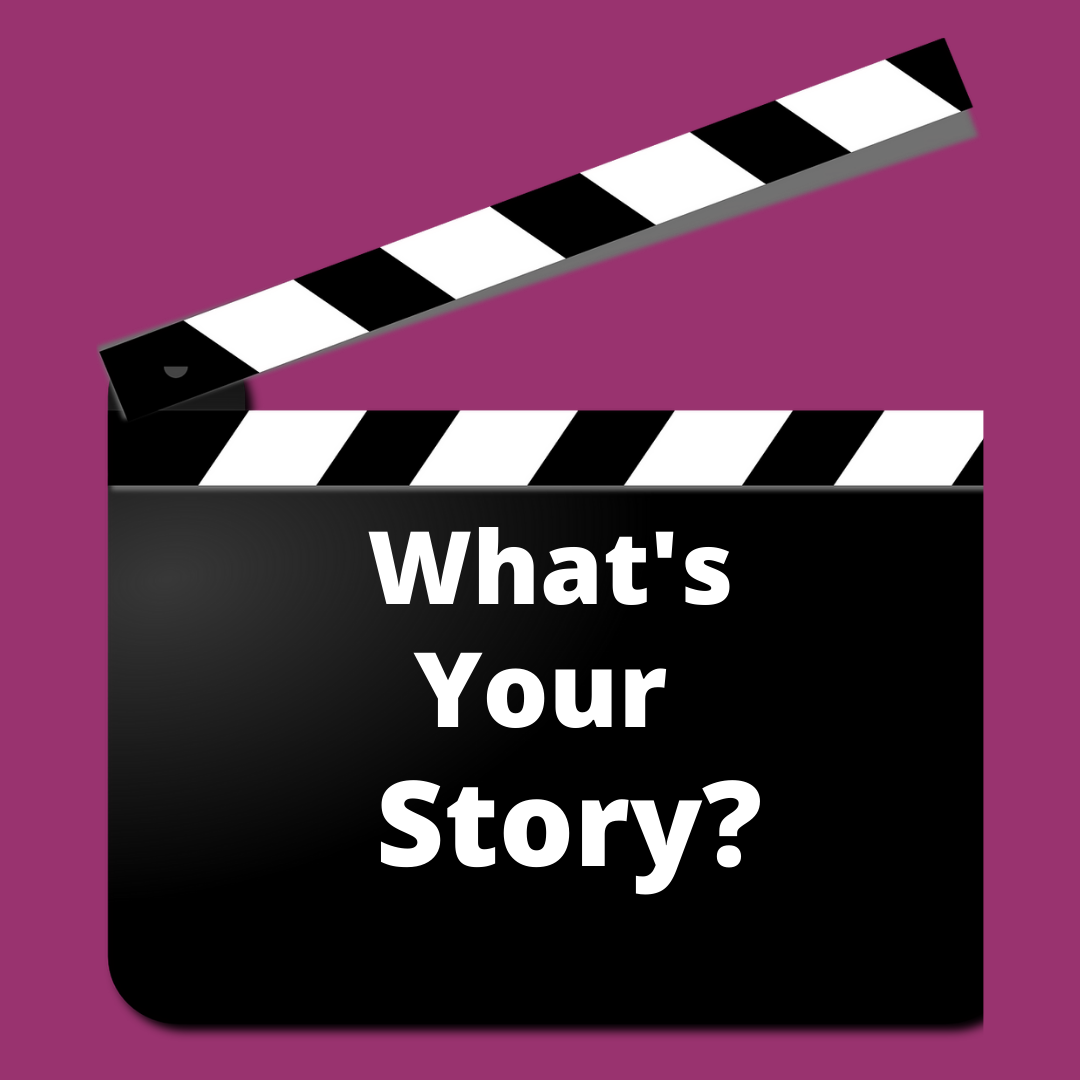

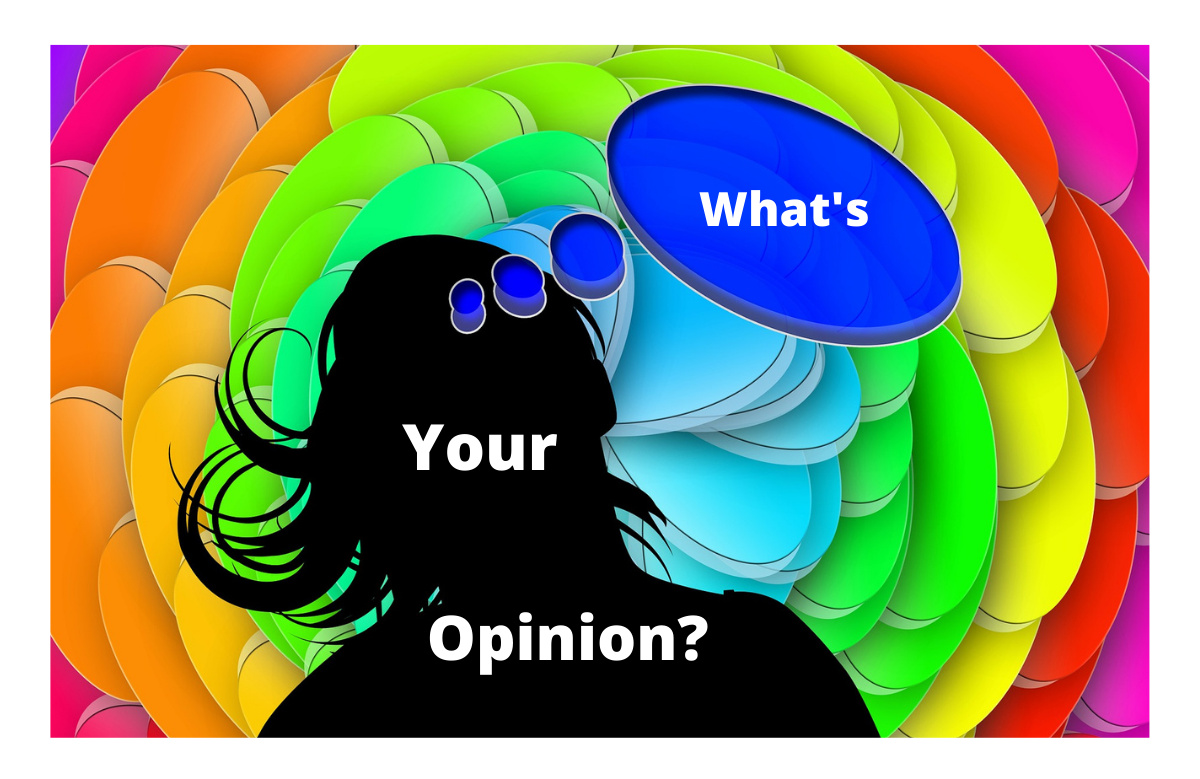

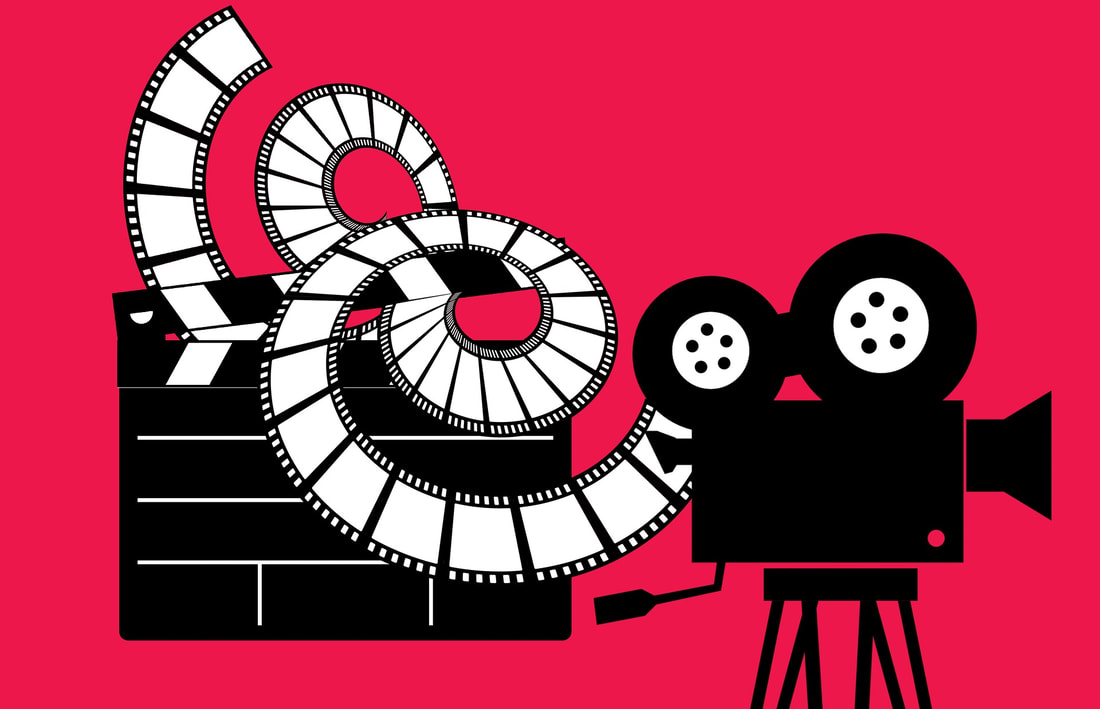
 RSS Feed
RSS Feed
